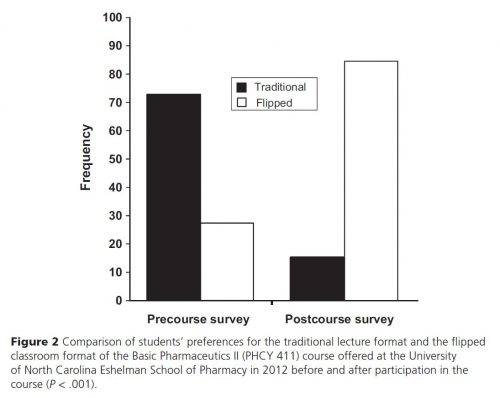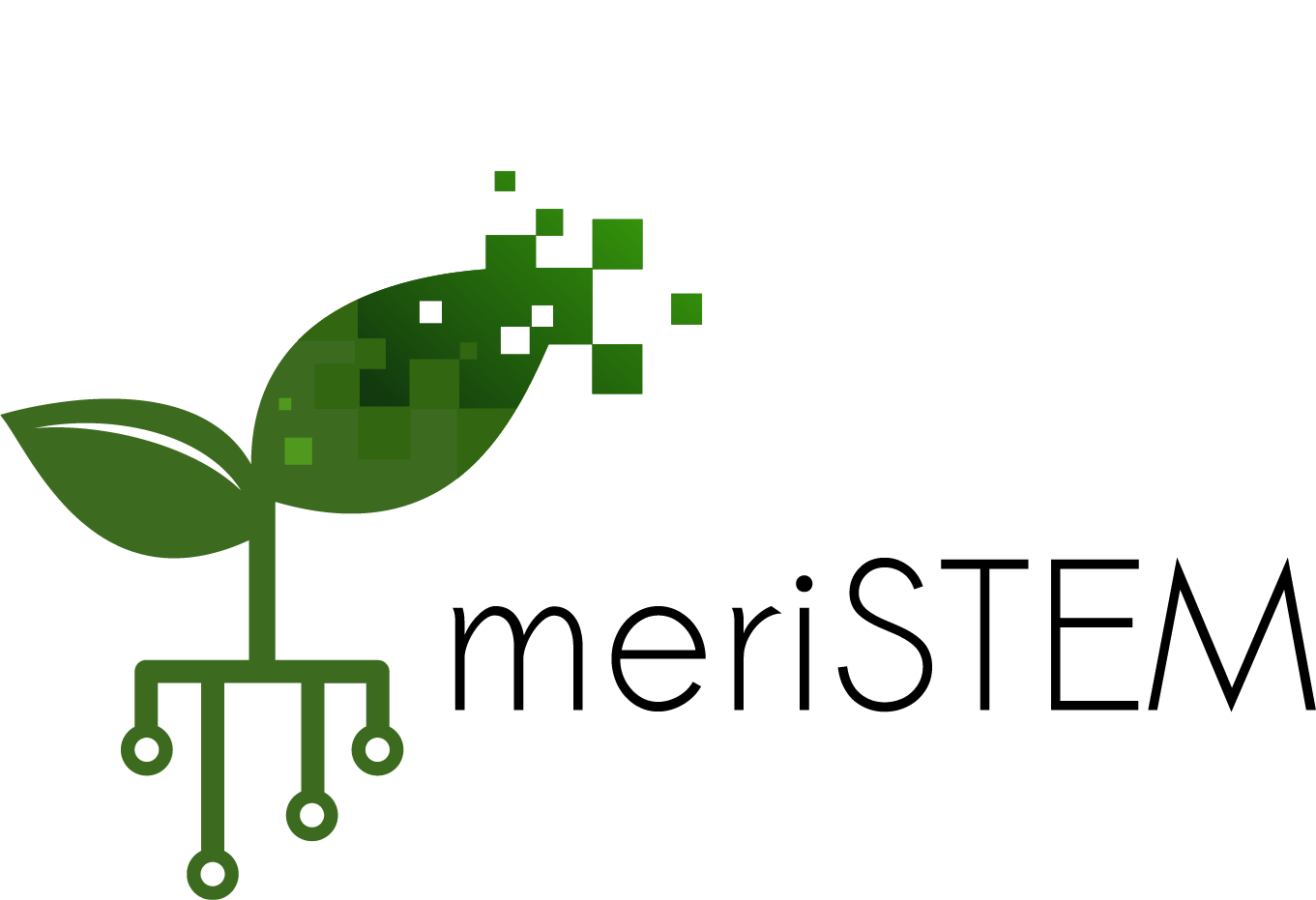Category: Flipping
-

Preference for flipping increases dramatically once students have flipped
The Flipped Classroom: A Course Redesign to Foster learning and Engagement…
-
The argument for active learning (any kind of active learning is better than lecturing)
Active learning increases student performance in science, engineering, and mathematics, Freeman…
